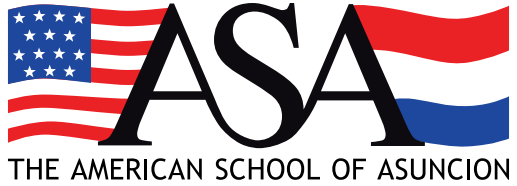
Science
Philosophy
ASA's science program presents students with the core ideas of science that are studied and understood through the big concepts that link the sciences, such as cause/effect, observation/inference, experimental design, and the scientific method. Students are challenged to actively think and act as scientists as they learn to develop models, analyze and interpret data, construct explanations, design solutions, and defend a position based on evidence. Our program aims to be student-centered, interactive, and hands-on. Science teachers include opportunities for student writing, such as journaling, explaining procedures, writing lab reports, or responding to application problems. Students engaged in the science curriculum will be able to apply skills, concepts, and knowledge to real-world situations and environmental issues.
Science Program
Elementary School
Research shows that the best way to learn science is by doing science. In Elementary School, the science program revolves around experiential learning developed through the use of FOSS investigation kits and science notebooks. In each year, K-5, student learning encompasses all three branches of science: Life Science, Earth Science and Physical Science. Overlaying these topics, the themes of scientific investigation, data analysis, and communication occur throughout the year. FOSS materials are keyed to our AERO: NGSS standards. Topics included in each grade are listed in the table below.

Middle School
In Middle School, each grade studies all three branches of science: Life Science, Earth Science, and Physical Science, often through interdisciplinary projects. Scientific investigation becomes more formal, with students carrying out laboratory experiments, learning to handle more complex equipment and materials, keeping a research journal, and communicating findings in a Lab Report.
High School
In High School, each grade studies a single branch of science. Students take on greater responsibility in designing and carrying out laboratory investigations, summarizing and presenting a topic or theory, and arguing a position from evidence collected via experimentation. In grades 11 and 12, a student may elect to study an Advanced Placement (AP) science course. Courses offered are as follows:
Grade 9: Biology
Grade 10: Chemistry
Grade 11: Environmental Science, AP Environmental Science
Grade 12: Physics
